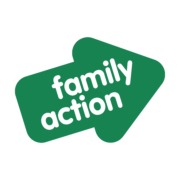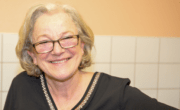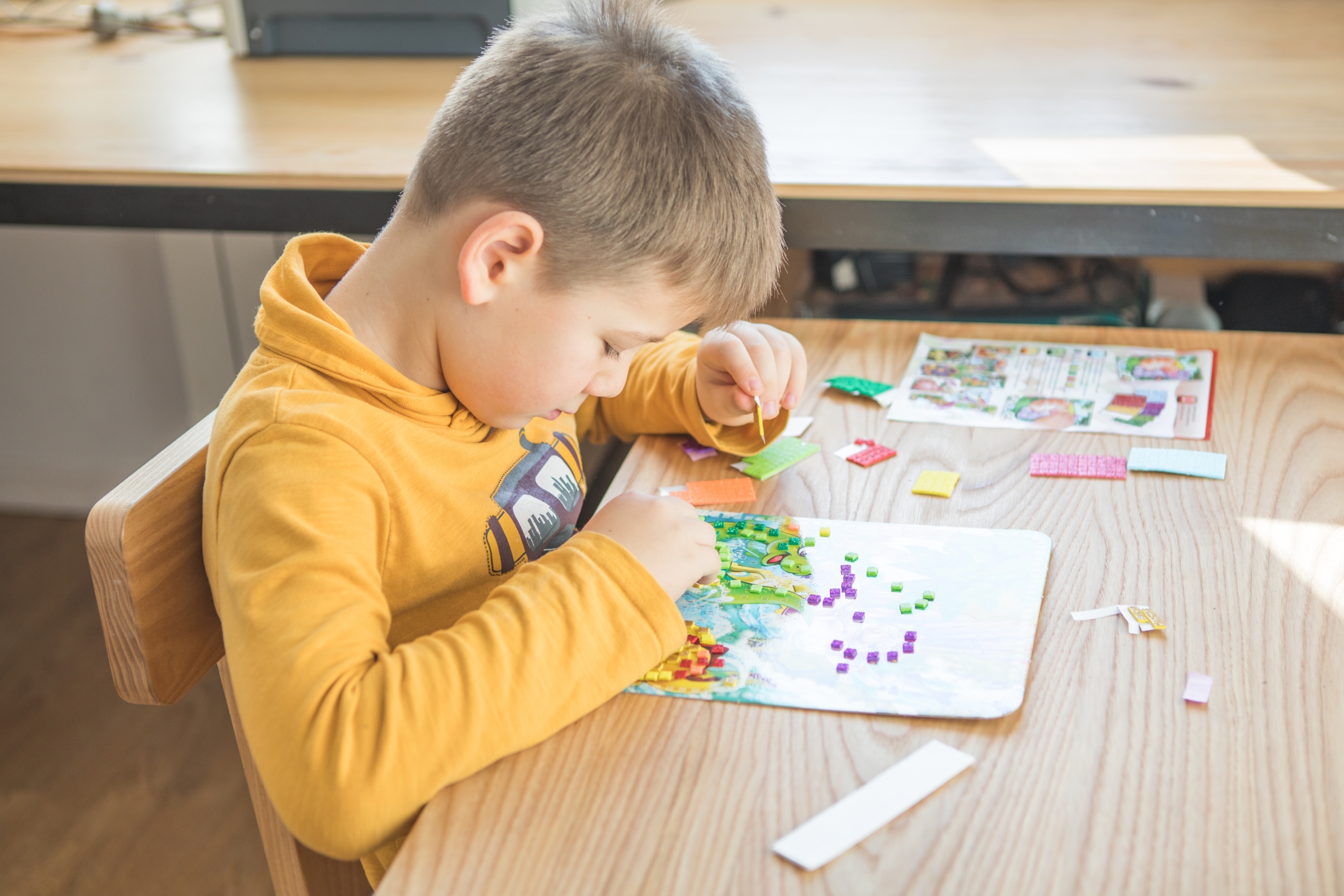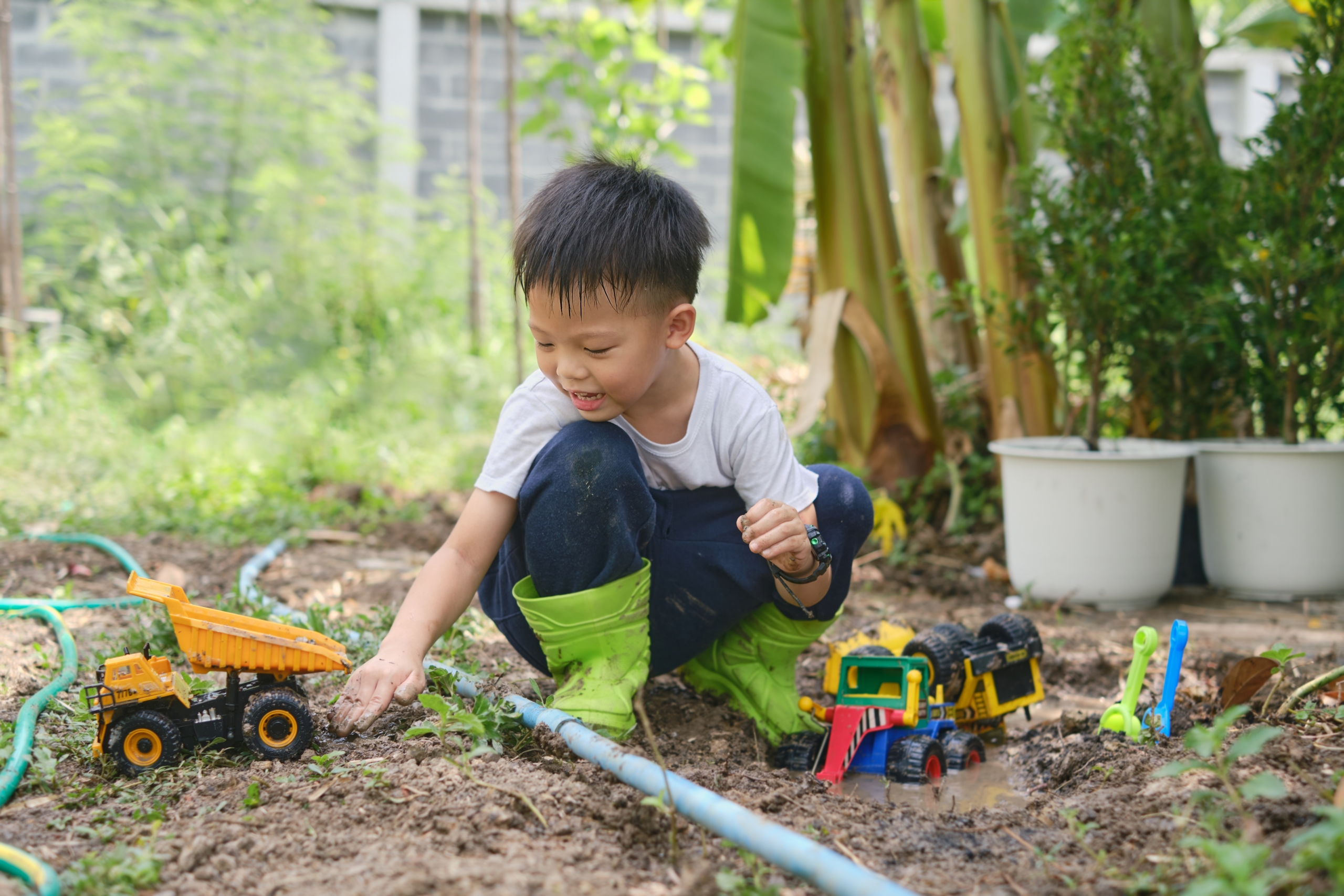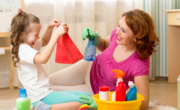Kayla is an 11-year old young carer living in London with her mum and brother. She helps look after her brother who has autism and her mum who struggles with Anxiety, Depression and migraines. When her responsibilities at home increased during lockdown, she sought help from Family Action.
Kayla’s nine-year-old brother has autism and can require a lot of support.
The 11-year-old’s days are often split between supporting her brother with homework and helping him play, helping her single mum with chores such as cooking and cleaning, and supporting him when they visit their father, who lives in another area of London.
Although she had found some support from a group for the siblings of children with special educational needs and disabilities (SEND) she was beginning to feel stressed and isolated in her role as a young carer.
This was made worse when the pandemic struck in 2020 and both children were at home, and it became increasingly obvious to Kayla’s mum that the family needed outside support.
That support came in the form of a referral by the council’s early help service to Family Action Islington and Camden Young Carer’s service.
Her mum said: “During the lockdown she took on a very parental role in helping with her brother and she has been my rock in the way she supports him. She became quite isolated as a result, which was why she got involved with the siblings’ group, so she could meet other children going through similar things.”
“During the lockdown she took on a very parental role in helping with her brother and she has been my rock in the way she supports him. She became quite isolated as a result, which was why she got involved with the siblings’ group, so she could meet other children going through similar things.”
However, Kayla’s mum felt that this wasn’t a perfect fit as she often took on a role closer to a mother to support her when experiencing migraines, anxiety and depression.
She added: “Her brother can have angry outbursts and Kayla is able to understand him, calm him down and help regulate his behaviour – she has a very good gauge of his feelings and emotions and she’s like a second mum”.
Her brother wasn’t verbal until he was seven and still struggles with speech and language, so Kayla learned British Sign Language (BSL) at school and in her own time to help support him and communicate better with him.
She said: “Sometimes we get angry with each other but we always find a way to make it up.”
While her mum admires the amount Kayla does for her brother and the calming effect it has on their home, she worries about the impact on her daughter.
She added: “She tends to put her brother before herself and doesn’t take account of what impact that has on her welfare. She feels a sense of responsibility for him.”
Family Action’s Young Carers Practitioner Sophie met Kayla for fortnightly one-to-one sessions to discuss her caring role.
She encouraged her to understand the emotional strain worrying about her brother’s happiness had on her, the link between her own happiness and her brother’s and the burden picking up the slack around the household might put on her.
Sophie also helped her explore difficult topics such as how her brother’s behaviour made her feel in a safe space, with the aim of trying to help Kayla understand that she isn’t solely responsible for his wellbeing.
Family Action then worked with the whole family to respond to practical issues that arose during these discussions.
This could include, for example, making the allocation of household chores more balanced to ease the pressure on Kayla.
Sophie said: “We pick up on the things that Kayla tells me might make her life a bit easier and look, as a group, at how we can try to make positive changes.
Family Action also arranged for more support for her brother by linking him up with a therapist through the Child and Adolescent Mental Health Service (CAMHS).
Sophie added: “The idea is that by keeping him healthy, safe and happy we will help his sister too.”
Kayla feels that as a result of our intervention she gets more time to herself, but her mum feels it’s had an even deeper impact.
“Kayla feels that as a result of our intervention she gets more time to herself … the young carers service gives Kayla a voice – she always seems lighter when she comes back from a session”.
She added: “The young carers service gives Kayla a voice – She has a really good relationship with Sophie and she always seems lighter when she comes back from a session”.
“It has been a real help knowing that Kayla has someone she can talk to – someone that has been there before”.
In particular, Kayla’s mum says working with the service has removed her worries about whether letting her daughter help was the right thing to do, or whether she was putting too much pressure on her.
She adds: “It is really reassuring to know, as a parent, that it is ok: that I am not overusing her and that she has the support she needs”.
“She doesn’t like to burden me with her stresses and problems because she thinks I have enough but to know that she has a safe adult to talk to is really reassuring.”
Sophie says that while worries such as these are common people don’t always consider the positive things being a young carer can teach a young person.
She said: “Young carers often feel like they are learning new things, that they are better able to cope because of the resilience they are building up and that they are becoming a compassionate and empathetic person– these are the wonderful gifts being a young carer can give you”.
Despite this positive, Sophie says she understands that acknowledging that a child is a young carer can be difficult for parents, and recommends getting help as soon as they do.
She added: “If you are worried about a young person caring for someone with mental or physical health needs or you think your child is taking on more of a mum or dad role either contact our service or contact Early Help.
“It is not a bad thing – there’s no shame in being a young carer. It’s important that the young person can still be a child and get some help and advice.”
It’s a challenging time right now for many families. Find out more about how you can support our life changing work.

